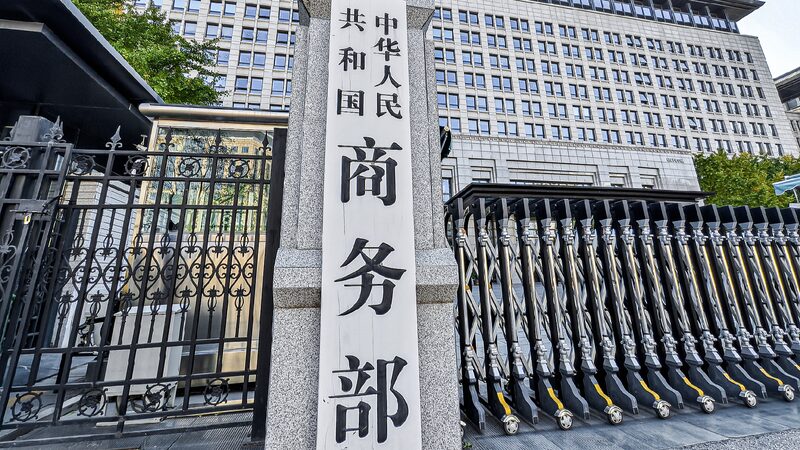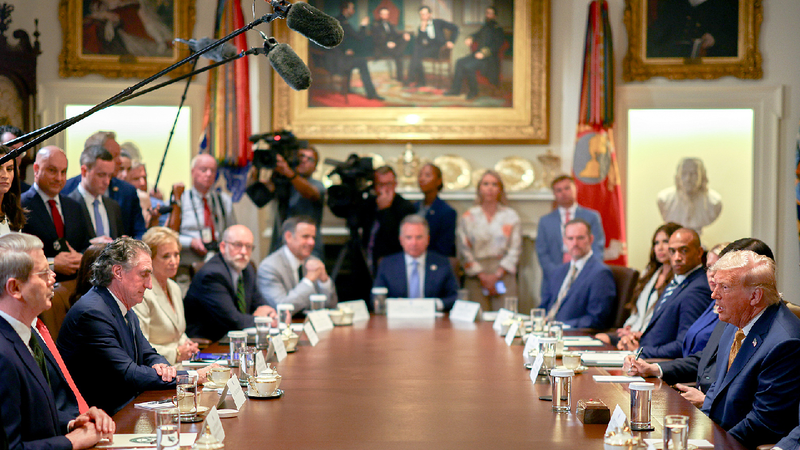Hey there! Have you ever played with building blocks? Imagine if someone sold those blocks at super cheap prices, making it hard for others to sell their own blocks. That’s kind of what’s happening between China and the U.S. right now, but with computer chips! 💻
On Thursday, China’s Ministry of Commerce announced that they are starting an investigation into the U.S. selling low-priced chips to China. But why? Let’s break it down!
What’s the Big Deal with Chips?
Computer chips are like the brains inside your tablets, smartphones, and even gaming consoles. They help devices work by processing information. Chips that use mature-process technology are those that have been around for a while and are still super important!
Unfair Competition? 🤨
Chinese chip companies have noticed that U.S. companies are selling these important chips at really low prices in China. They believe this is unfair because it makes it hard for them to compete and sell their own chips.
Subsidies Explained
The U.S. government has been giving big help, called subsidies, to their chip companies. This means they provide money to help these companies grow. While helping your own companies is okay, using that help to sell products at super low prices in another country can be a problem.
What Is China Doing About It?
Because of this, China’s Ministry of Commerce is using its rights under Chinese laws and World Trade Organization (WTO) rules to investigate. They want to see if the U.S. companies are playing fair or if they’re breaking rules by hurting Chinese companies.
Why Does It Matter?
This is important because fair trade ensures that companies from all countries can compete equally. When someone doesn’t play by the rules, it can hurt businesses and even the people who work there.
What’s Next?
The investigation will look into whether U.S. companies are dumping chips (selling them at unfairly low prices) and if they are receiving unfair subsidies. Depending on what they find, there might be changes to make sure everyone is playing fair.
Stay tuned to see what happens next in this tech story! 🌐
Reference(s):
Ministry of Commerce: China to launch probe into U.S. low-priced chips
cgtn.com




